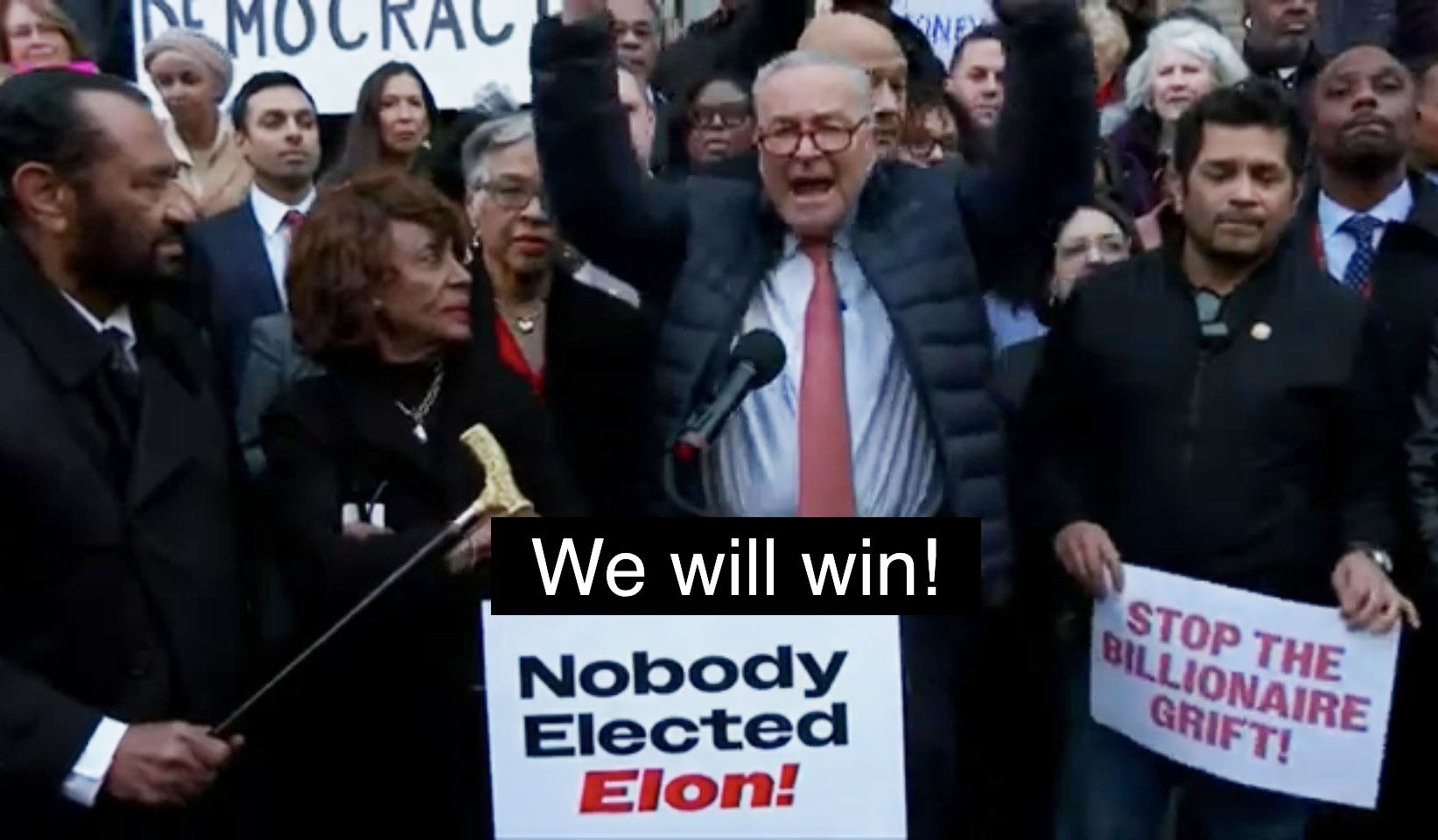Lilly takes a look into people’s interactions with one another.
By: Lilly Huxhold
-Graphics Editor-
Empathy is the ability to understand and share the feelings of another as defined by the Merriam-Webster dictionary. Not to be confused with sympathy, feelings of pity and sorrow for someone else’s misfortune; empathy goes deeper than just having remorse for another’s situation.
As stated by Carl Rogers, an influential American Psychologist, empathy is, “To perceive the internal frame of reference of another with accuracy and with the emotional components and meanings which pertain thereto as if one were the person.” For example, a self-made wealthy citizen passes a homeless man or woman on the street; instead of pitying the person, they understand their situation and feel a wide range of emotion that evolve compassion as they can relate and emote to the person on the street.
In today’s society there is a great lack of empathy. People are more isolated as they use social media and texting as their primary form of communication, making them less likely to be wholly engaged in each of their relationships. Empathy is brought on by interaction with diverse situations, and an open-minded nature when it comes to new and different circumstances. This isolation prevents the cultivation of these skills.
A prime example of the deteriorating use of empathy was the 2012 presidential election. While there were some great points and discussions made, there was also ignorance and hate; two things that would have been prevented by empathetic reactions. Some social media posts were not only racist, but inaccurate and down right inappropriate. They did not take the time to understand their opponent’s perspective and try to understand why they believed their opinion was the right direction. We live in a country built off of diversity with millions of different perspectives and highly conflicting opinions. We must be empathetic to our fellow citizens if we plan on being a united nation with a multi-cultural heritage.
While some may not be of a minority race, a specific religion or a struggling political cause, people should take the time to understand his or her neighbor because his or her opinion matters just as much as their personal opinion. Perspectives are a hard thing to change, but if people can at least try to see through another’s eyes they may understand why getting citizenship papers checked at each corner is offensive, or a law against your religion is upsetting. There are 6,973,738,433 people on earth, and probably only one other person that will agree to everything another person agrees with. Learn to walk in another’s shoes; it will teach individuals to speak with facts and not ignorance, to listen and not interject and above all, to be compassionate towards each other. Hate is an easy wagon with a squeaky wheel. Love is a long walk but with great company.












